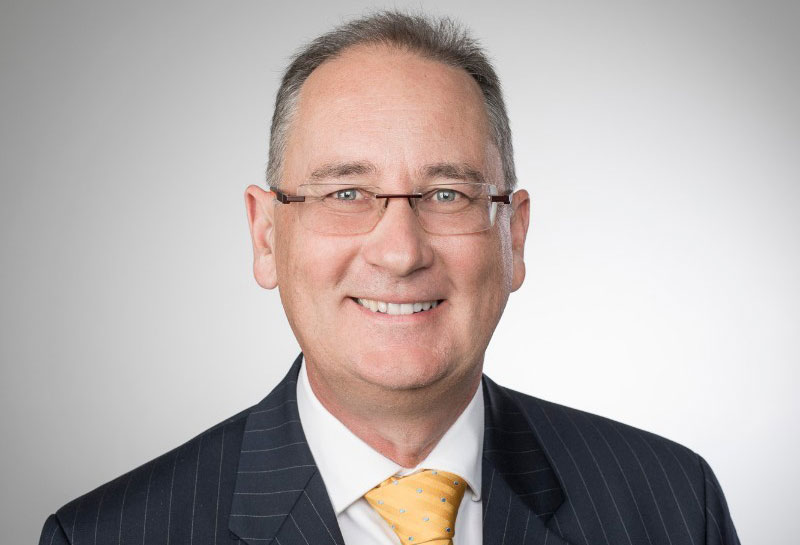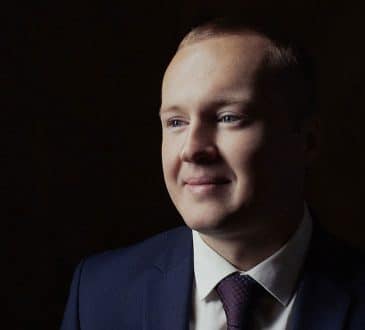Strategy: Why mindset is more important than ever when times are turbulent

The problem we face now is COVID
COVID has caused huge stress in our lives. It has caused our businesses to either speed up, because we are one of those companies which provides food stuffs, health protection materials or logistics to keep vital business moving.
Or, more likely, it has caused our business to slow down and or stop completely.
We are being forced by the environment around us to do something differently.
A few observations for how people have reacted
Some people have chosen to go down the simplest route of “All Stop”. That means they have just shuttered the business, gone home and taken the time to relax.
Others have chosen to be creative. They have considered what else they might do. They have considered what else could they put their energies into. They have created new products, new offerings and new services. We have seen people “pivot” and create brand new online offerings.
Mindset and discomfort are the common themes
On reflection, it is possible to see the common themes across these actions.
They are “Mindset” and “Discomfort”.
For the people with a negative mindset “It’s all too hard”. They close. They go slow. They get stuck in a negative spiral.
People with a positive mindset, use the changing environment to consider what else they might do. They think, “Let’s take this break to give us thinking time”, and they have the willingness and courage to try something else.
They might choose to take a series of small bets. Those could be a whole range of different and smaller opportunity ideas. Some work. Some do not. And that’s ok.
Or they end up launching a new product or a new brand. You might consider these actions as big bets.
The theme that joins both of the negative mindset and the positive mindset is “Discomfort”.
The negative people have huge negative discomfort. They choose to do nothing about it. It is after all , “all too hard”, and “the government is paying us money anyway to keep our people employed”, so “I don’t need to worry about it. I’ll just wait for it to blow over”. They use the environment as an excuse to stop.
The people with the positive mindset are also in discomfort mode. However, they choose to take the time to do something constructive with this “spare” time.
During the COVID period, I have been suggesting to clients that they work really hard to think about their business. What do they want to change now, in the medium term and in the longer term? I ask them to really start thinking about what they are going to do to make their business special and different in the near future.
This means thinking. But as we all know, thinking is difficult. That’s why people don’t do it.
Are you the cork or the captain?
If you are the cork bobbing in the waves, then you are buffeted by the tides, currents and winds. You are at the whim of the external environment. This is unlikely to be a comfortable place. You are reacting to the external environment as the maelstrom whirls around you.
The alternative perspective is as the captain of a sail-powered super-yacht. Your hand is on the tiller. Your sails are nicely set. Your direction is plotted and engaged. You are making way. It’s a good feeling. To be honest, it doesn’t really matter if the wind is strong because you just batten down and when (not if) the wind does change, then, that doesn’t matter either because you adapt as needed.
These people are going forward because of their mindset, and they are comfortable with being uncomfortable. They know where they are going. The external world is around them, and they have to adjust occasionally, but quite frankly they don’t worry.
What it means for SMEs
So what this really means, is those business leaders who are thinking about their business will be less impacted by the environmental changes around them. This puts them in a good position to weather the storm.
When COVID does eventually break those firms who have thought about what they’re going to do, how they’re going to do it, have thought about how they’re going to position themselves – they are the ones who are going to be successful.
The others are likely to be fodder for the insolvency firms.
Written by Steve Wood.
Bring the best of the CEOWORLD magazine's global journalism to audiences in the United States and around the world. - Add CEOWORLD magazine to your Google News feed.
Follow CEOWORLD magazine headlines on: Google News, LinkedIn, Twitter, and Facebook.
Copyright 2025 The CEOWORLD magazine. All rights reserved. This material (and any extract from it) must not be copied, redistributed or placed on any website, without CEOWORLD magazine' prior written consent. For media queries, please contact: info@ceoworld.biz








